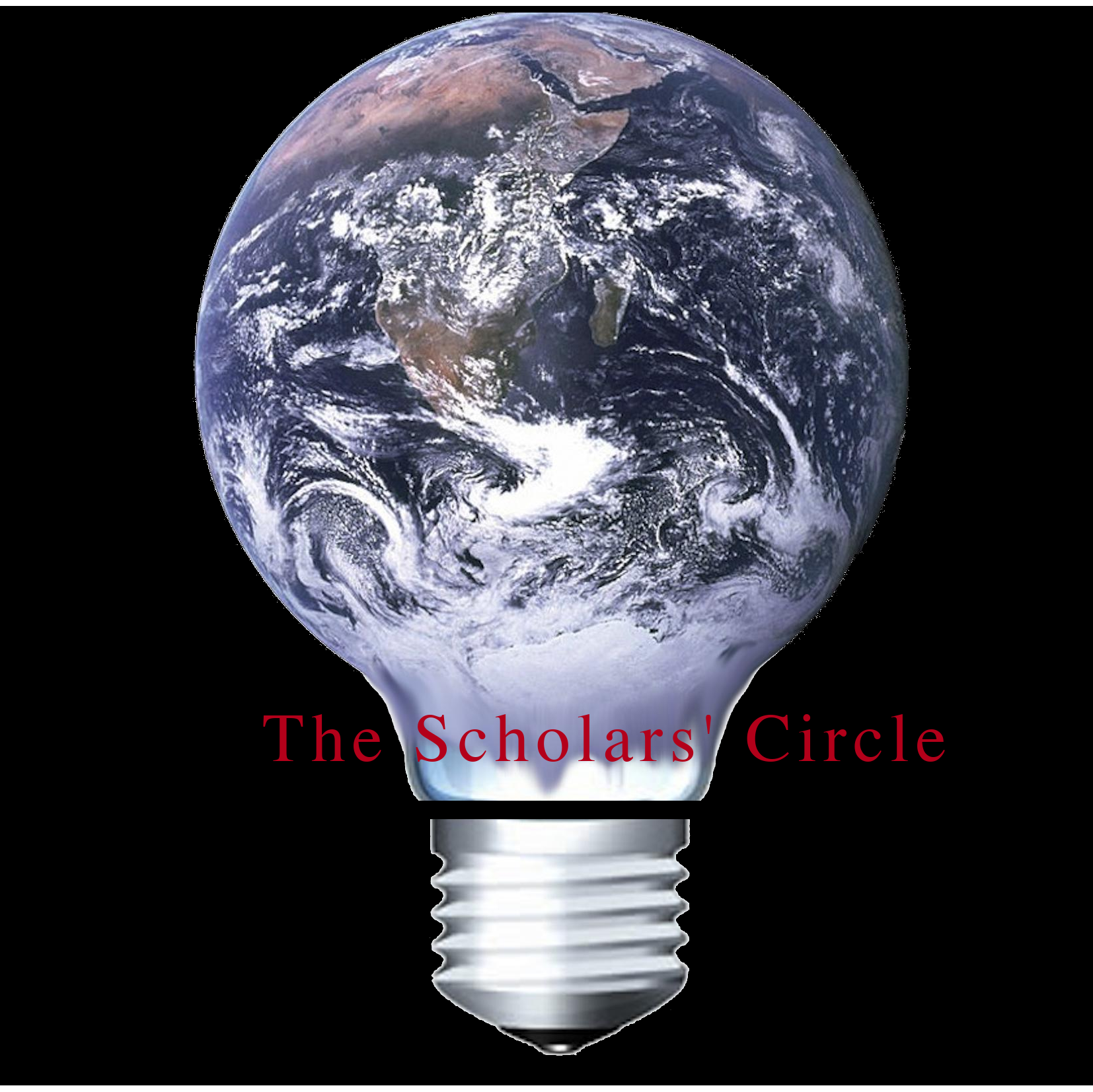Scholars’ Circle – Guatemala election and inauguration drama explained; Puerto Rico’s struggle with corruption and self determination – January 28, 2024
Description
In the summer of 2023, Guatemala elected as President an outsider with a famous last name—Bernardo Arevalo. But his political opponents used ever level of law they could to try to deny his Inauguration. Why was he victorious and what does his election mean for the future of democracy in the Central American nation? [ dur: 28mins. ]
Professor Luis Fernando Mack is a Guatemalan independent political analyst and political science professor at Universidad de San Carlos de Guatemala. He is the author of “The Electoral Reform System in Guatemala” and Reform of the State, Assessment of the current constitutional period and prospects for 2024.
Guillermo Trejo is professor of political science at the University of Notre Dame, faculty fellow at the Kellogg Institute for International Studies, and Director and Principal Investigator at the Notre Dame Violence and Transitional Justice Lab (V-TJLab). He is the co-author of Containing Large-Scale Criminal Violence through Internationalized Prosecution: How the CICIG Contributed to the Reduction of Guatemala's Murder Rate and Votes, Drugs, and Violence: The Political Logic of Criminal Wars in Mexico (book).
The island of Puerto Rico has a complex relationship with the federal government in the United States. Should it seek statehood or independence? Or is the status quo the best option for the nation. This segment was recorded January 2023. [ dur: 30mins. ]
Amílcar Antonio Barreto is Professor and Chair, Cultures, Societies, and Global Studies Department, and Interim Director of International Affairs and Political Science at Northeastern University. He is the author of American Identity, Congress and the Puerto Rico Statehood Debate and The Politics of Language in Puerto Rico Revisited.
Jorge Farinacci-Fernós is Associate Professor of Law at the Interamerican University of Puerto Rico Law School and Visiting Professor at the University of Buffalo School of Law. He is the author of The ‘New’ Insular Cases and the Territorial Clause: From Temporary Incorporation to Permanent Unincorporation and the book Puerto Rico’s Constitutional Paradox: Colonial Subordination, Democratic Tension, and Promise of Progressive Transformation.
This program is produced by Doug Becker, Ankine Aghassian, Maria Armoudian and Sudd Dongre.
More Episodes
With its 1.4 billion population and a billion registered voters, India stands as the world's largest democracy and 5th largest economy. India is holding national elections, which will decide its leaders for the next five years. What are the role of its institutions in supporting democracy and how...
Published 05/19/24
Armenia has taken legal action against Azerbaijan claiming numerous violations of international law. What legal actions have been taken at both the International Court of Justice and the International Criminal Court. What are the causes of action and what might the consequences and impacts of...
Published 05/14/24
Published 05/14/24


